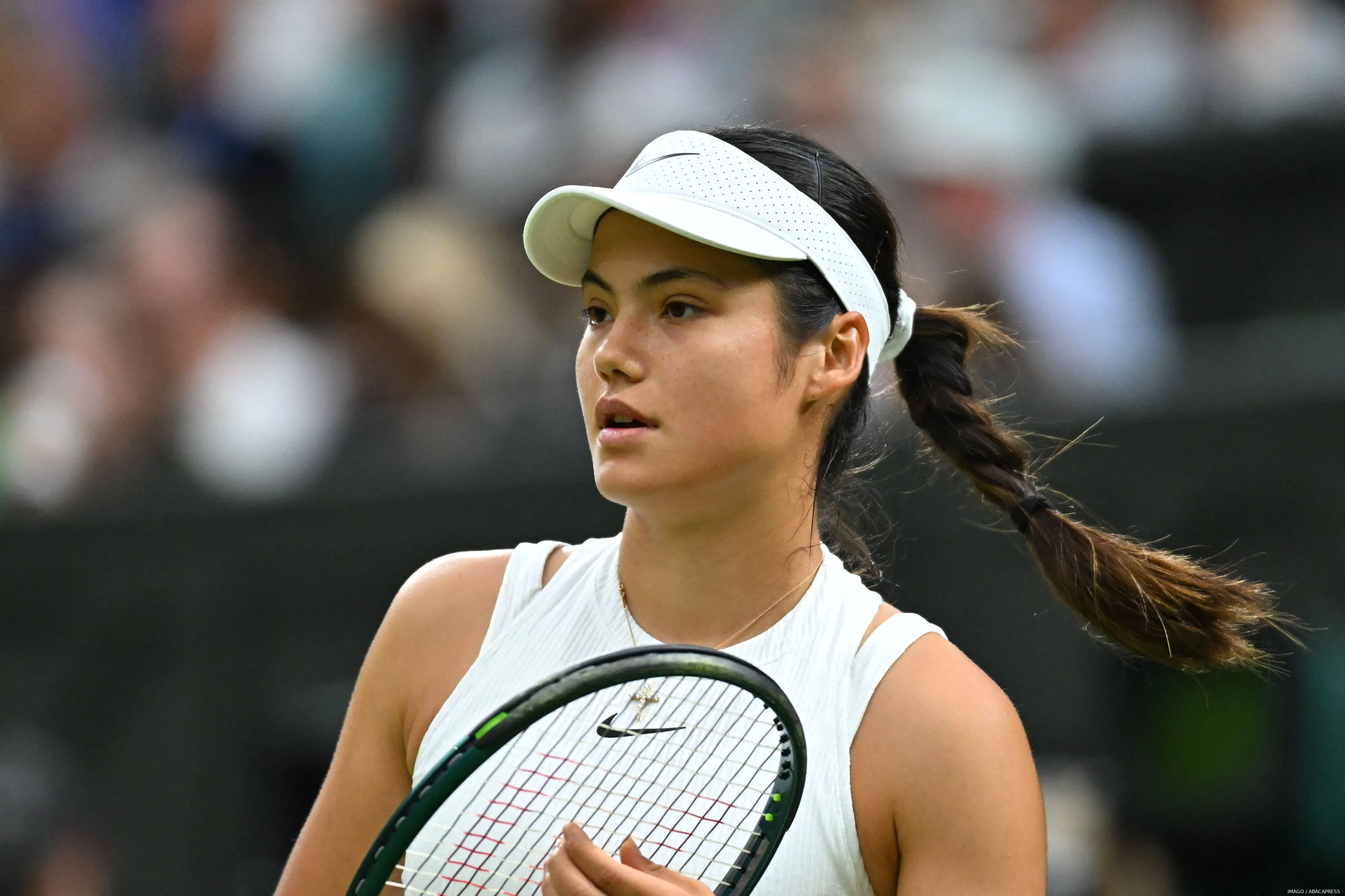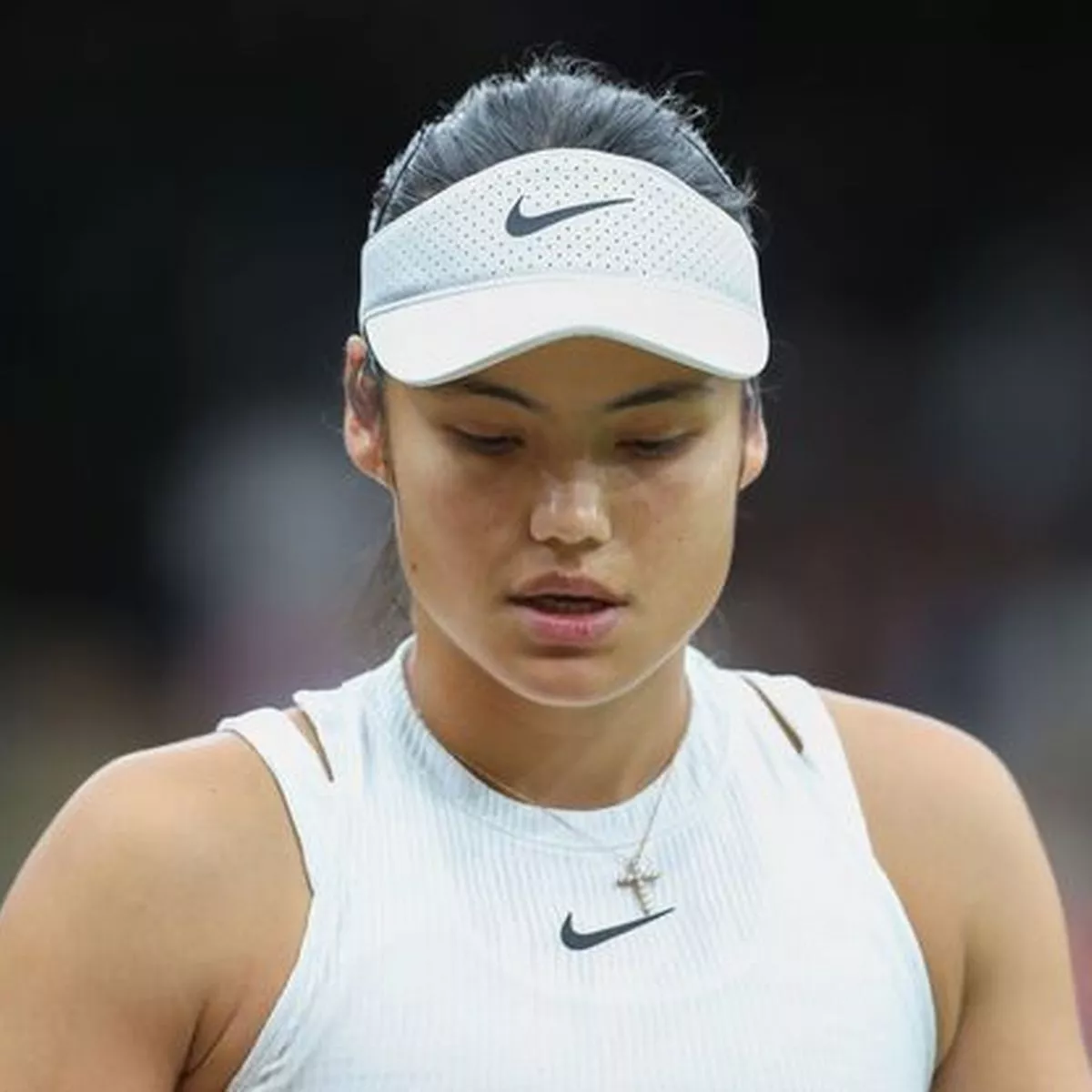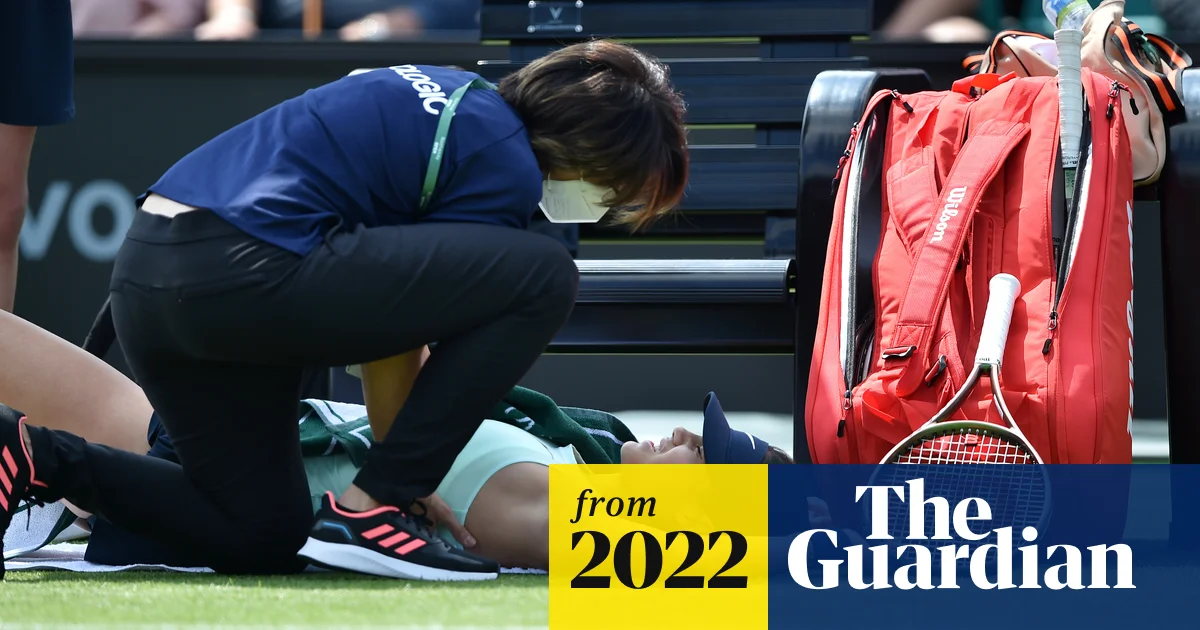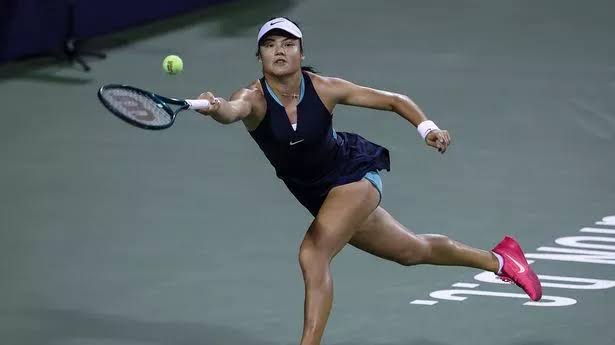While the path forward may be challenging, with the right support, she has the potential to thrive and possibly regain her previous success.

Emma Raducanu’s rise to tennis stardom has been nothing short of
extraordinary, but former British No. 1 Tim Henman believes the 22-year-old
has faced significant challenges in managing her career since her
breakthrough 2021 US Open victory. Henman, speaking on the difficulties
young athletes face when thrust into the pressures of professional sport,
especially at such an early stage, highlighted Raducanu’s struggle with
navigating off-court responsibilities, which have at times hindered her on-
court success.
Raducanu’s meteoric rise—becoming the first qualifier in history to win a
Grand Slam—suddenly placed her under the intense spotlight of the tennis
world. At just 18 years old, she went from relative obscurity to becoming one
of the most talked-about players on the WTA Tour. But with that success came
the enormous pressure of managing not just her tennis career, but also making
crucial decisions regarding coaches, sponsors, and her overall development.
Henman pointed out that young athletes, like Raducanu, are often tasked with
roles that would be more familiar to someone much older. “What you have to
understand is that the business environment of a professional tennis player is
slightly bizarre,” Henman said. “You are the CEO of your own little world, and
you are taking responsibility. Most people might be doing that at 35, 45, or 55,
yet here you are as a 19, 20, 21-year-old who’s got to take on those
responsibilities.”
The pressure of managing such a high-profile career at a young age has
undoubtedly contributed to some of Raducanu’s decisions over the past few
years, including her frequent changes in coaching staff. After her stunning US
Open win, Raducanu shocked the tennis world by parting ways with coach
Andrew Richardson, who had guided her to the title. This decision, coming so
soon after her Grand Slam triumph, raised eyebrows and set the tone for a
series of short-lived coaching partnerships with high-profile names, including
Torben Beltz (former coach of Angelique Kerber) and Dmitry Tursunov
(former coach of Anett Kontaveit).
While these coaches brought a wealth of experience, none of the partnerships
lasted long enough to yield consistent results. Raducanu’s inability to establish
a long-term coaching relationship may partly explain her inconsistency since
her US Open victory, as she has struggled to recapture the form that took her
to the top of the tennis world.
In addition to her coaching instability, Raducanu has been beset by a series of
physical setbacks. She was forced to miss much of 2023 due to wrist and ankle
injuries that required surgery, a period that kept her off the court for nearly
nine months. She later suffered a foot ligament sprain at the Korea Open in
September, sidelining her for another two months. These recurring injuries
have prevented her from reaching her full potential and have compounded the
pressures she already faces.
However, there are signs of a new direction for Raducanu. In the off-season,
she made a strategic decision to hire Yutaka Nakamura, the former fitness
coach of Naomi Osaka, in an effort to address her physical challenges and
build a more stable foundation for her career. Henman sees this as a positive
step, noting that Raducanu is now better positioned to invest in her future and
address her physical needs with a dedicated fitness coach.
“Now she’s obviously got the opportunity to invest in her career, because she’s
made a lot of money from endorsements since winning the US Open,”
Henman commented. “And that’s why I think it’s a good move to have
someone who can look after your body full-time from a physical point of view.”
Despite the hurdles, Henman remains optimistic about Raducanu’s future. He
believes that with time and continued adjustments to her approach, she can
overcome the early challenges of her career and focus on the critical aspects of
her game. At just 22 years old, Raducanu still has plenty of time to build a
successful career, and the changes she is making off the court—especially in
terms of her physical preparation—may be the key to unlocking her full
potential as a tennis player.
In the end, Raducanu’s journey is one that many young athletes can relate to: a
story of immense talent, immense pressure, and the lessons that come with
navigating the complexities of a professional sports career at such a young age.
The road ahead may be difficult, but with the right support, she has the tools
to succeed and perhaps return to her former glory.



